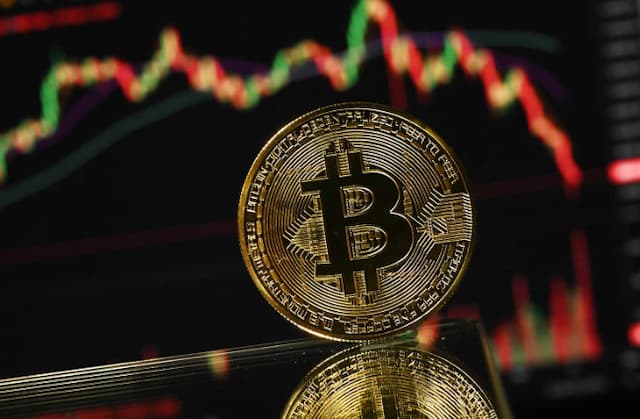Strong Economic Recovery Takes Hold in the Euro Zone

ECONOMY: Solid growth, falling unemployment rate … the economic recovery takes hold in the euro zone and exceeds own forecasts
The euro zone continues to show economic recovery surprisingly robust despite the Brexit , the Catalan crisis or uncertainties that have posed in recent months several decisive national elections.
According to a first estimate published on Tuesday by the European Statistical Office Eurostat, economic growth of the 19 countries have adopted the single currency reached 0.6% in the third quarter, slightly above expectations.
“This confirms the marked acceleration of economic recovery observed since last spring”, welcomed the European Commissioner for Economic Affairs, Pierre Moscovici , told the AFP .
“This is good news because more growth means more investment and more jobs for Europe’s citizens.”
Solid growth of 1.9%
With a gross domestic product (GDP) already up 0.6% in the first quarter and 0.7% in the second, the eurozone therefore posted solid growth of 1.9% since the beginning of the year.
This figure already exceeds in just three quarters, the latest forecast for the whole of the European Commission, which called last May on a 1.7% growth in 2017.
He thought this achievable goal despite uncertainty still “high” related Brexit and US economic policy, the countries of the euro area seem to have finally ignored.
M. Moscovici must present Nov. 9 new economic forecasts from the Commission.
In early October, the IMF had in turn revised upwards its outlook for the euro area, building on growth of 2.1% in 2017 and 1.9% in 2018.
The Washington-based institution had seemed reassured by the outcome of elections in Germany, the Netherlands and France. She had also seen the Brexit process as a greater danger to the United Kingdom for the European Union.
The unemployment rate declined
“There are good reasons to expect that the recovery in the eurozone is continuing, even accelerating,” insists Jennifer McKeown, economist at Capital Economics.
It points out that the monthly index measuring European Commission economic confidence in the euro area -published Monday for the month of October-has never been so high since January 2001, that is to say from the first months of the single currency.
The economic upturn in the euro zone also has effect on the employment front: after passing under the symbolic threshold of 10% in September 2016, the unemployment rate has declined steadily over the following months, to a new level, that of 9% a year later.
According to Eurostat data Tuesday, it now appears to 8.9%, which is its lowest level since January 2009, although disparities remain large between -Germany very low unemployment in the country (3 6%) – and where it remains high, as Greece (21% in July, the latest figure available) and Spain (16.7%).
“Surprising figure”
Inflation remains the Achilles heel of the euro area, prices rose only 1.4% in October, a level still far from the horizon of 2.0% desired by the Central Bank (ECB).
The level of core inflation (which excludes particularly volatile products, such as energy, food, alcohol or tobacco) is even more problematic: it reached 0.9%, its the lowest level in five months.
“The decline in inflation is perhaps the most surprising figure today,” said Bert Colijn, an economist at Dutch bank ING.
This decline will be as he considered “a justification” to the new policy of the ECB.
The ECB decided on 26 October gently reduce its support to the economy of the euro zone but remains far from a rise in interest rates expected by investors and feared by creditors.
Enjoyed this? Get the week’s top France stories
One email every Sunday. Unsubscribe anytime.


